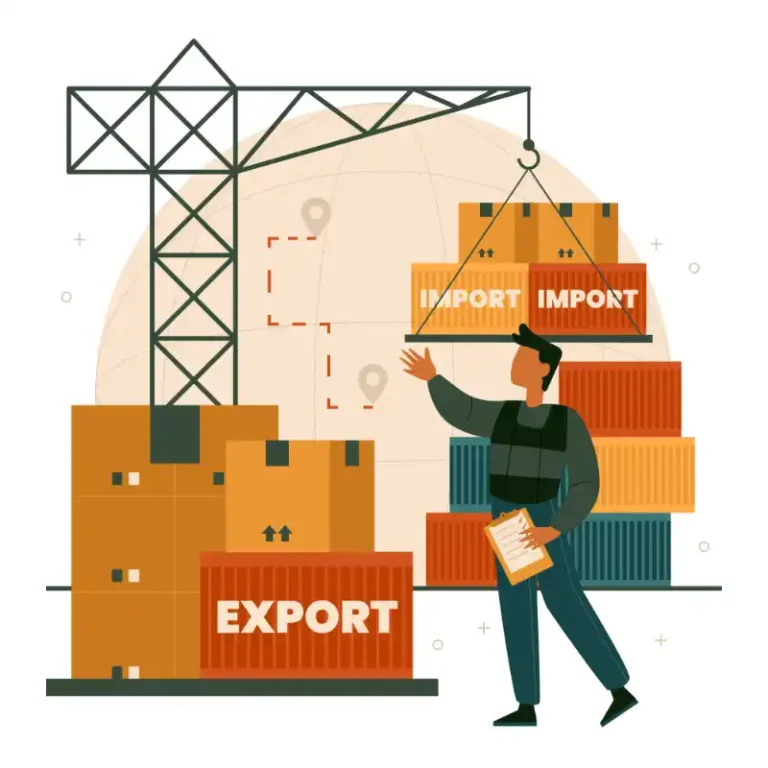Customs and Excise
What is Customs and Excise?
Customs and excise duties are taxes levied by governments on goods that are imported or exported (customs duties) and on certain goods produced domestically (excise duties). These duties are designed to raise revenue for the government and to regulate the flow of goods across borders.

How Customs and Excise Works?
Customs duties work by imposing a tax on goods that are imported into a country. When goods arrive at a port or border, customs officials assess the value or quantity of the goods and calculate the amount of duty owed. This duty must be paid before the goods can be released into the country. Customs duties are based on factors such as the type of goods, their value, and their country of origin.
Excise duties, on the other hand, are imposed on certain goods that are produced domestically. Manufacturers or producers of these goods are required to pay the excise duty before the goods are sold. Excise duties are typically included in the price of the goods and are paid by the consumer when they purchase the goods.
Why First Partner?
- Customs duties are taxes imposed on goods imported into a country, based on factors like the type, value, and origin of the goods.
- Excise duties are taxes levied on certain goods produced domestically, such as alcohol, tobacco, and fuel, to discourage consumption and raise revenue.
- Our company specializes in customs and excise duty compliance, ensuring that businesses meet their obligations and avoid penalties.
- We provide expert advice on customs and excise duty rates, classifications, and exemptions, helping businesses minimize tax liabilities.
- With our support, businesses can navigate complex customs procedures, such as import/export documentation and customs clearance.
- Our team stays updated with the latest customs and excise duty regulations, providing accurate and timely advice to clients.
